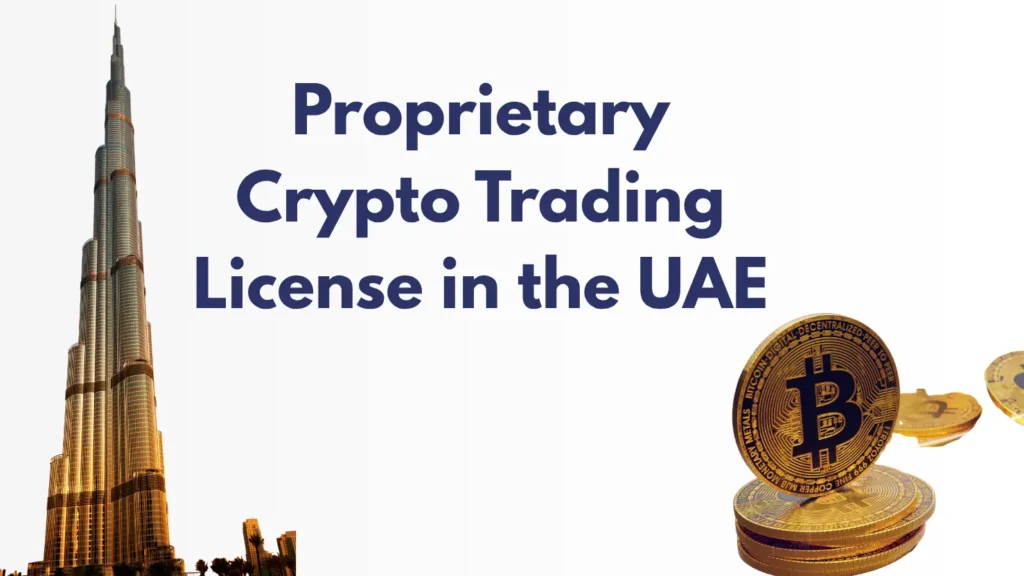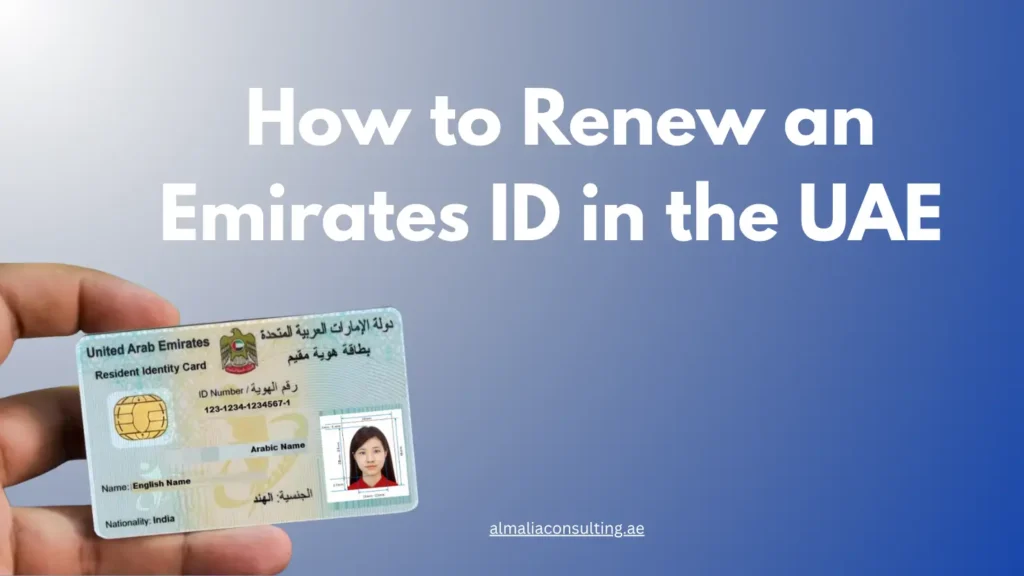How to Register Your Tenancy Contract with Ejari in Dubai (2025 Guide)
Register Your Tenancy Contract with Ejari in Dubai If you are renting a property in Dubai, one of the most important legal steps you must take is to register your tenancy contract with Ejari in Dubai. This process is crucial to ensure your rental agreement is legally recognized and compliant with Dubai’s property regulations. At Almalia Consulting FZCO, we assist tenants, landlords, and property managers in completing Ejari registration seamlessly. Our goal is to simplify the legal process so you can focus on what truly matters — enjoying your new home or managing your investment without administrative stress. The word Ejari means “My Rent” in Arabic, and the system was established by the Dubai Land Department (DLD) to regulate rental contracts and maintain transparency in the real estate sector. Without an Ejari certificate, tenants cannot activate utilities like DEWA or complete essential government formalities, making this registration an indispensable step for all residents and businesses in Dubai. Why Ejari Registration is Important The Ejari system ensures that every tenancy agreement in Dubai is fair, transparent, and legally binding. When you register your tenancy contract with Ejari in Dubai, you are not only complying with the law but also safeguarding your rights as a tenant or landlord. Key advantages of Ejari registration include: Legal validation of your rental contract. Protection against potential disputes or fraud. Access to services like DEWA, visa renewal, and residence verification. A clear, government-backed record of your tenancy details. Ejari brings clarity and security to Dubai’s rental market, ensuring both parties can rely on an official framework for their agreement. Documents Required for Ejari Registration Before you register your tenancy contract with Ejari in Dubai, ensure you have the following documents ready: Signed tenancy contract. Tenant’s Emirates ID, passport, and residence visa copy. Landlord’s Emirates ID or trade license copy. Property title deed or ownership certificate. DEWA bill or premise number (for verification). Having these documents complete and accurate will help avoid unnecessary processing delays or rejections. How to Register a Tenancy Contract with Ejari in Dubai You can register through two convenient methods: 1. At an Authorized Ejari Typing CenterVisit any DLD-approved Ejari typing center with the required documents. The process is quick, and you’ll receive your Ejari certificate instantly after payment of a small registration fee (around AED 215). 2. Online via the Dubai REST AppFor greater convenience, register online using the Dubai REST App. Upload the documents, pay the fees, and your Ejari certificate will be issued electronically — perfect for tenants and landlords who prefer handling paperwork digitally. When and How Often to Register Every time you sign or renew a lease, you must register your tenancy contract with Ejari in Dubai. This includes new contracts, renewals, or any amendments such as changes in rent, duration, or tenant information. Neglecting to register or renew your Ejari can result in issues with utility activation, visa renewals, and legal disputes. Common Mistakes to Avoid Avoid these common errors when registering your tenancy contract with Ejari: Missing or unclear supporting documents. Failure to renew Ejari after lease renewal. Submitting outdated identification or ownership proof. Registering through unauthorized agents. Accuracy and attention to detail are crucial in ensuring your Ejari is processed quickly and accurately. Conclusion Registering your tenancy contract with Ejari in Dubai is more than just a legal formality — it’s your assurance of security, compliance, and peace of mind. Whether you’re renting your first home or managing a commercial property, proper Ejari registration ensures every detail of your agreement is recognized and protected under Dubai’s tenancy law. For professional guidance and fast Ejari registration support, contact Almalia Consulting FZCO. Our experienced team ensures your tenancy documents are compliant, verified, and approved without unnecessary delays — helping you stay focused on your life and business in Dubai. Also check out our other blog posts for deeper guidance:- Taxation of Non-Resident Persons in the UAE UAE VAT on Cryptocurrency Mining Understanding Tax Group Under UAE Corporate Tax Law – A Simple Guide German Citizens Business Setup in Dubai 2025 Influencer License in Abu Dhabi Transfer Property Ownership in Dubai 7 Types of Dubai Free Zone Visas
How to Register Your Tenancy Contract with Ejari in Dubai (2025 Guide) Read More »





